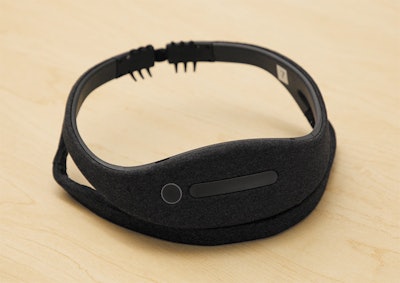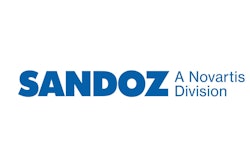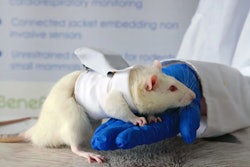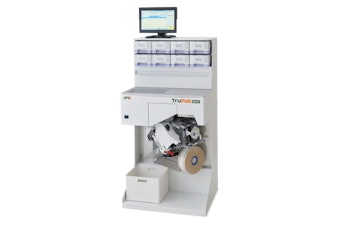
University of Colorado
Researchers at the University of Colorado Anschutz Medical Campus developed a non-invasive technique that may detect early signs of Alzheimer's disease years before clinical symptoms manifest. The method involves using a simple EEG headband during sleep to identify specific patterns related to memory reactivation, which could indicate early Alzheimer's pathology, such as amyloid positivity and cognitive decline.






















